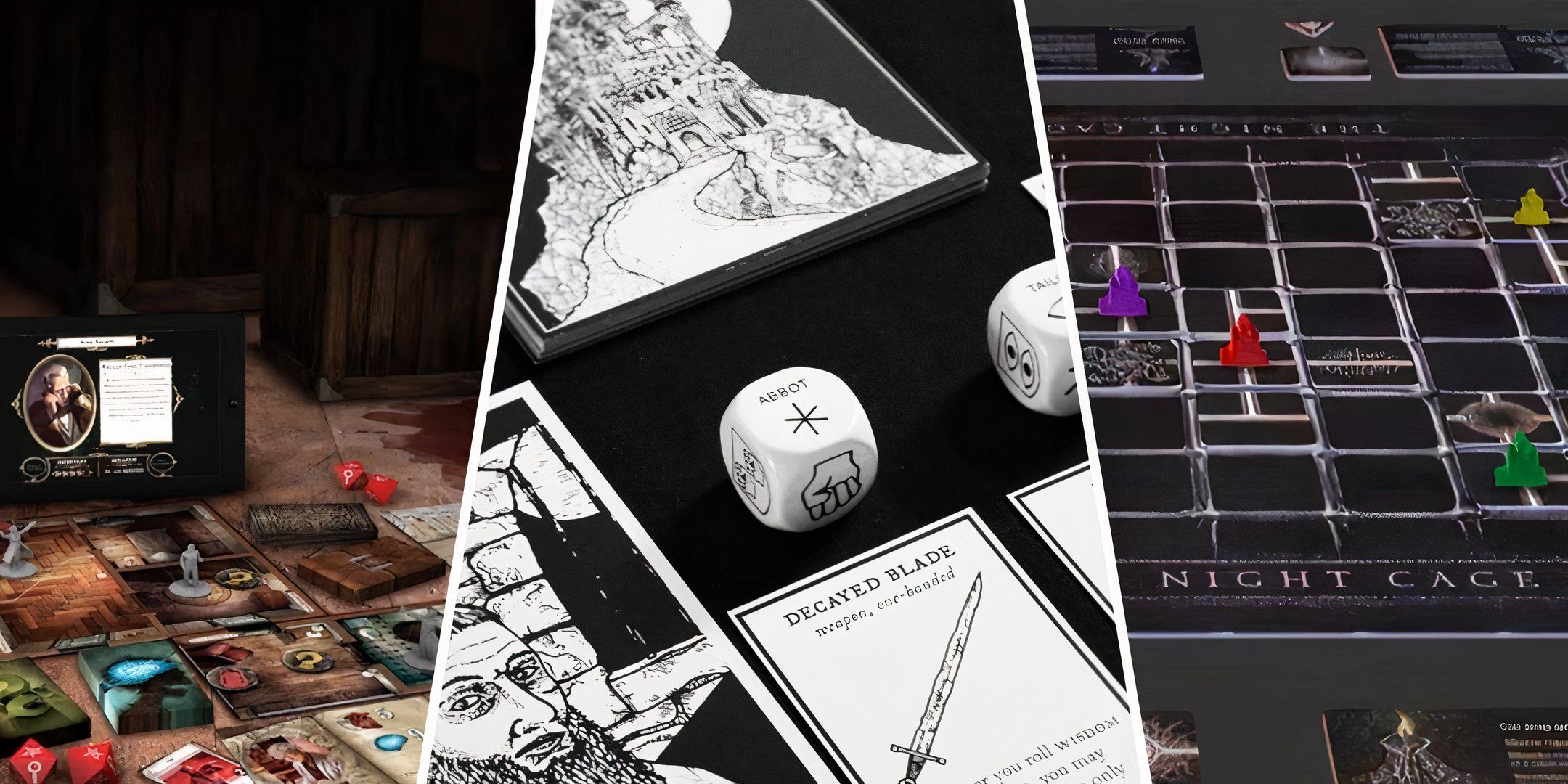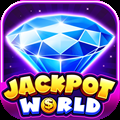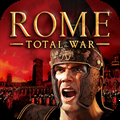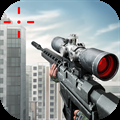
As much as I love a good tabletop RPG, sometimes you just want to get to the action without a 20-page character sheet. You want to get to the good stuff: the dice rolls, the monster slaying, and the grim satisfaction of a hard-won victory. That's where dark fantasy board games come in.
They take all the best parts of the genre (the bleak worlds, the terrible monsters, and the morally grey choices) and package them into a self-contained experience. This is a list for my fellow genre purists: a list of games that prove you don't need a GM or a semester's worth of lore to get a truly dark fantasy fix.
Gloomhaven: Jaws Of The Lion
Gloomhaven Without The Homework
After sinking over 100 hours into Gloomhaven, I can tell you that while the original is a beast, Jaws of the Lion is where you should start if you want a taste of its grim world. This version is much more streamlined and lets you get right into the tactical, card-driven combat.
The first few scenarios are completely tutorial-driven, so if you get easily overwhelmed by giant rulebooks (like me), this is a huge lifesaver. It's still got the challenging boss fights and character progression that made the original so popular, but it feels so much more accessible.
Return To Dark Tower
A Game That Runs Without A GM
When I first played Return to Dark Tower, I was drawn in by the enormous electronic tower that sits in the middle of the board. It's a fantastic gimmick, but what kept me playing was the way it made every decision feel more tense. That tower is a constant reminder that something big and scary is just around the corner.
You never know when it'll throw out a new monster or devastating blight. The collaborative, 'us vs. the game' dynamic is excellent, and I remember one particularly harrowing session where we barely managed to defeat a boss just as the tower was about to unleash a catastrophic event.
Blood Rage
Defeat Has Never Felt So Good
I'm a sucker for a good Viking tale, and Blood Rage delivers a dark fantasy experience rooted in Norse mythology. Blood Rage is built around drafting cards and fighting for control of the board. The game makes you embrace defeat, though, as you get points for dying in battle.
This makes you take risks that you might not otherwise take. Sometimes, you might intentionally send your warriors into battle to die, knowing that it will give you the push you need to win the game.
The Night Cage
Trapped And Alone, Together
This game is technically cooperative, but in a way that constantly separates you from your teammates. You play in total darkness, and the only light comes from the tile you're on, which creates a claustrophobic and terrifying atmosphere. The sense of isolation is real, and it makes every step you take feel like a mistake waiting to happen.
It's a very interesting take on the typical cooperative gameplay where everyone is on the same page. Here, you're all just desperately trying to survive alone, together. In this horror-themed tile placement game, you'll be trying to save your soul.
Mansions Of Madness
Horror From A Board Game
While Mansions of Madness leans more into the horror side of things, its Lovecraftian setting is the epitome of dark fantasy. What makes this game special is its app-driven narrative. The app handles all the not-so-fun aspects of the game, like monster movements and reveals secrets as you explore. This lets you explore the game together without needing a GM.
I once played a scenario where my character went mad and started seeing things that weren’t there, and the app subtly changed my objective and the monster's behavior, making me question what was real.
Escape The Dark Castle
A Book That Comes To Life
Escape the Dark Castle is a beautiful example of simplicity. It’s a cooperative, dice-rolling game with a minimalist art style that feels like a forgotten relic from an old-school fantasy book. Each turn, you draw a chapter card that tells a snippet of a grim tale and dictates the challenge you face.
The game focuses purely on the narrative and thrill of the dice rolls, stripping away a lot of the fluff. It's a game where luck matters quite a lot. It easily fits the dark atmosphere fantasy vibe as soon as you start playing.
Deep Madness
When The Game Is Out To Get You
I’ve played a lot of cooperative board games, but Deep Madness is on another level when it comes to tension. The game takes place in a deep-sea research station, and as you fight off terrifying, Lovecraftian monsters, the station itself is constantly deteriorating.
What really sets the game apart is the 'madness' mechanic. This mechanic allows characters to slowly lose their minds and gain new, unpredictable abilities, and it is a game-changer. It keeps you on your toes and forces you to constantly figure out new ways to play.
Tainted Grail: The Fall Of Avalon
An Epic Tale Of Misery
If you're looking for a dark fantasy epic in a box, Tainted Grail is it. The world it builds is based on a dying Arthurian legend, and it's a wonderfully miserable place to be. Turns are based around managing your resources, which include your health, sanity, and basic supplies.
The story is a brutal and unforgiving journey that forces you to make tough moral choices. The game isn't based on luck alone, so your decisions really feel like they matter.
Middara: Unintentional Malum
Don't Let The Anime Art Fool You
Middara is the board game I recommend to people who love JRPGs like Final Fantasy. Its anime-inspired art might not scream dark fantasy, but don’t let that fool you. The world is a deep and surprisingly bleak place. The game is full of morally complicated characters and betrayal.
The combat is very tactical. The focus is on positioning and powerful abilities. However, there is also a serious feeling of growth, too. You watch your characters go from underpowered adventurers to heroes capable of taking on massive bosses with strategic teamwork.
Darkest Dungeon: The Board Game
Just as Brutal as the Video Game
As a huge fan of the video game, I had high expectations for Darkest Dungeon: The Board Game, and it absolutely delivers. It perfectly captures the feel of the source material. Every step you take is a risk, and every decision feels like a grim compromise.
The stress mechanic from the video game is translated perfectly; if you don't manage your character's stress levels, they can have a breakdown and start acting erratically. You'll probably have more than one character descend into madness in the middle of a dungeon.













